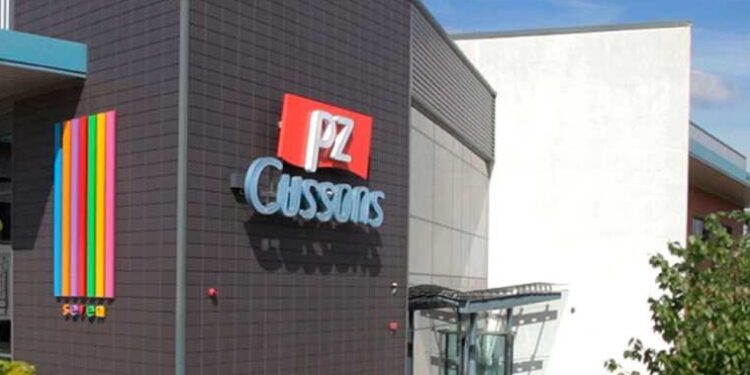PZ Cussons Plc, a multinational consumer goods company, appears to be contemplating its departure from the African market as a result of a notable decline in sales within its Nigerian operation.
The economic challenges in Nigeria include naira devaluation and inflation, which have significantly impacted the company’s sales and operations, resulting in a 48 percent sales plunge.
Jonathan Myers, the Chief Executive Officer of PZ Cussons, stressed the significance of focusing on the future while honoring the company’s history, suggesting that potential outcomes of the review may involve alterations in ownership.
READ MORE: X Risks Fines As Elon Musk Insists On Violating Court Order
Myers added: “The macro-economic challenges and complexities associated with operating in Nigeria are significant and there is much more to do to unlock the full potential of the business.”
“As such, we have undertaken a strategic review of our brands and geographies and have embarked on plans to transform our portfolio, refocusing on where the business can be most competitive.”
PZ further stated: “In addition to the challenges of the significant exposure to Nigeria, the group is too complex for its size, with financial and human resources spread too thinly to generate consistent returns.”
“This means its competitive advantages have been constrained in comparison to those of both larger multinational companies and some focused smaller ones.”
“We have to have an eye on the future as well as a respect for the past. There could be many permutations of the outcome, which could include a change in ownership. We’re going to be objective and not emotional in how we make this decision,” he stated.
Myers confirmed that the group had received several unsolicited approaches over the previous months and years.
“Nothing is ruled out, we see several tranches of potential value, whether that is to us or someone else, but we have not put the ‘for sale’ sign up,” he added.
PZ Cussons also plans to sell a fake tan brand, St. Tropez. It said the label has grown significantly since the company bought it in 2010, adding that significant long-term growth potential remains in the US and new markets. It could be worth £100 million, Investec analyst Matthew Webb said in a note.
Myers said that the company will focus on branded items for babies, as well as beauty and hygiene products, citing the recent acquisition, of Childs Farm, which makes toiletries for babies with sensitive skin as an example.
UK, Australia, New Zealand, and Indonesia are Myers’ priority markets.
Following a strategic review, the board has decided that on top of the difficulties in Nigeria, the company is too complicated for its size. In a financial update, it cited “financial and human resources spread too thinly to generate consistent returns.”
In Nigeria, the company sells a range of products including Morning Fresh dishwashing liquid, refrigerators, and cooking oil. The devaluation of the naira means sales fell sharply in pound terms. It also stoked inflation which has hit consumers’ purchasing power.
In March, regulators rejected PZ Cussons’s application to buy out the 27 percent of its Nigerian arm that it does not own, to delist it. The regulator said the offer price of N23 per share was unfair.
The PZ Cussons Nigeria in a release by the company secretary, Olubukola Olonade-Agaga, said: “It notifies the Nigerian Exchange Limited and the investing public that the Securities and Exchange Commission (SEC) has declined the Company’s request for its No Objection to PZ Cussons (Holdings) Limited’s (the majority shareholder) intention to acquire the shares held by all the other shareholders of PZCN at an offer price of N23 per share.”
You Should Also Know That…
PZ Cussons has put its Africa business under review, potentially pivoting away from the region in which it was founded to invest in its remaining business and pay down debt.
According to Bloomberg, the British soap maker was set up in Sierra Leone 140 years ago and now gets almost 30 percent of its sales from Africa, even after a 48 percent decline over the past year. With annual sales of around £500 million ($622 million), it is spread across many geographies and product lines. It also operates in Europe, the Americas, and the Asia-Pacific region.










